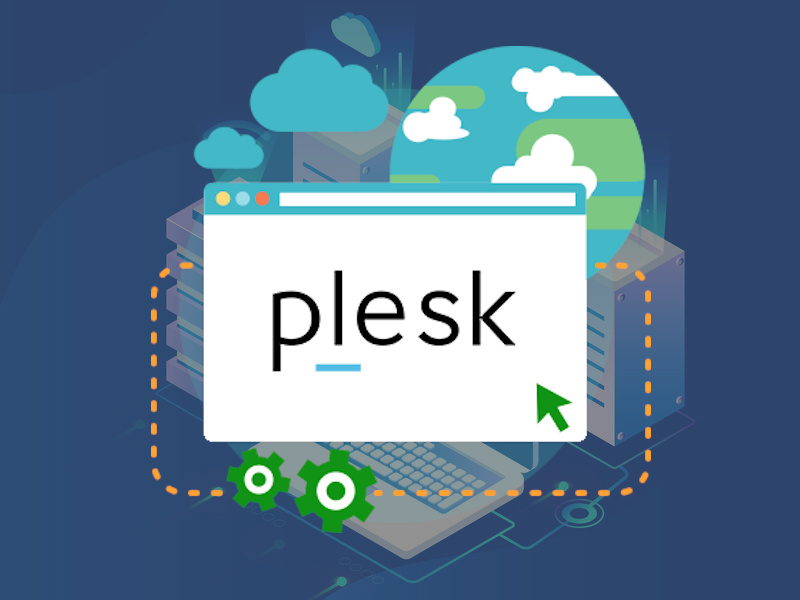
Keeping your Plesk Panel updated is crucial for security, new features, and bug fixes. But what happens when your Plesk panel doesn’t update automatically as it should? It can be frustrating, especially when you’re relying on Plesk’s auto-update feature to handle this for you. Let’s explore the common reasons why this might happen and how you can address them.
Table of Contents
Automatic Updates Are Disabled
One of the most common reasons your Plesk isn’t updating is that automatic updates might be turned off. By default, Plesk can be configured to handle updates automatically, but this setting might have been disabled intentionally or by mistake.
What to check:
Log in to your Plesk panel and go to Tools & Settings > Update and Upgrade Settings. Ensure that automatic updates are enabled for the Plesk software and any additional components.
Insufficient Disk Space
Updates require enough free space on your server to download and install new files. If your server is running low on storage, Plesk may fail to update.
What to check:
Check the available disk space on your server. Clear unnecessary files, logs, or backups to free up space. Regular housekeeping of your server’s storage can prevent this issue.
Outdated Operating System
Plesk depends on your server’s operating system (OS) to function properly. If your OS is outdated or no longer supported, Plesk may not be able to update itself.
What to do:
Ensure your server is running a supported version of the operating system. Check Plesk’s compatibility documentation to confirm that your OS is up-to-date and supported.
Failed Dependencies
Plesk updates often include updates for associated services, such as PHP, MySQL, or web servers. If one of these dependencies encounters an issue during the update process, it could cause the Plesk update to fail.
What to check:
Review the update logs available in the Tools & Settings > Logs > Updates and Upgrades Logs section. Look for errors related to dependency issues and resolve them by updating or reinstalling the problematic service.
Network Connectivity Issues
Automatic updates require a stable connection to Plesk’s update servers. If there’s a firewall blocking outgoing connections, DNS misconfiguration, or general connectivity issues, Plesk won’t be able to download the update files.
What to do:
Check your server’s network settings and ensure it can connect to Plesk’s update servers. You can test this by pinging the update URLs or checking with your hosting provider for potential restrictions.
Update Server Configuration
Plesk relies on its internal settings to connect to update sources. If the update URL or repository path is misconfigured, updates will fail.
What to check:
In Tools & Settings > Updates and Upgrades, verify that the update source settings point to the correct repository. Avoid using unofficial or outdated URLs.
Permissions and Ownership Issues
Incorrect permissions on update-related files and directories can block the update process.
What to do:
Ensure the system user running Plesk has the necessary permissions to access and modify the update files. This might require consulting your hosting provider if you’re on a managed service.
Third-Party Extensions or Customizations
Extensions or customizations to your Plesk installation might interfere with updates. For example, third-party plugins may not be compatible with the latest version of Plesk.
What to check:
Temporarily disable third-party extensions and attempt the update again. If the update succeeds, check with the extension developer for compatibility updates.
How to Stay Ahead of Update Issues
- Regular Monitoring: Periodically check your Plesk panel to ensure updates are running smoothly.
- Backups: Always keep backups before any updates to ensure quick recovery if something goes wrong.
- Notifications: Enable email notifications in Plesk to alert you about update failures or critical issues.
- Consult Support: If you’ve tried everything and the issue persists, contact Plesk support or your hosting provider for further assistance.
Final Thoughts
While automatic updates are convenient, they rely on several factors to function correctly. By proactively managing your server environment and addressing potential issues like storage, connectivity, and configuration, you can ensure your Plesk panel stays up-to-date without manual intervention.